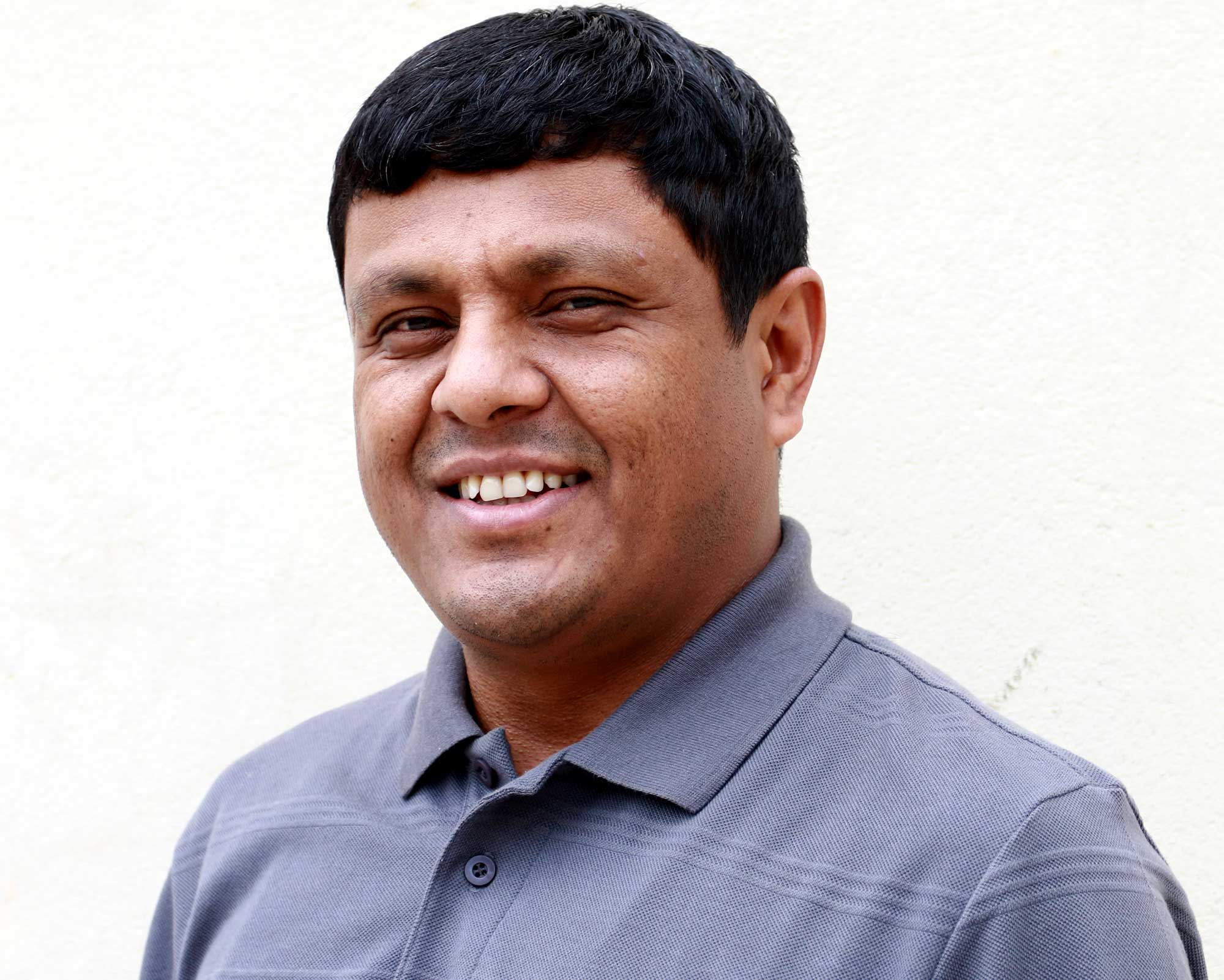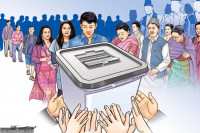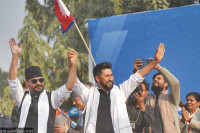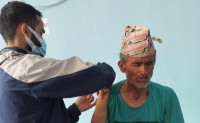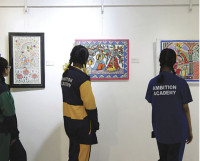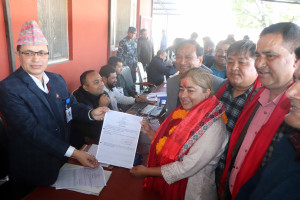Opinion
Real Rights Now
A new campaign to highlight the need for justice against human rights violations is being launched
Ram Kumar Bhandari
A lot of Nepalis suffered terribly at the hands of both the state and the rebels during the decade-long Maoist conflict. However, since most of the victims have little voice, many of their stories are yet to be heard. Civilians were caught in the middle, with both sides committing grave human rights violations including extrajudicial execution, enforced disappearance, arbitrary arrest and torture including rape and other forms of sexual violence. About 17,000 Nepalis lost their lives and more than 1,400 were disappeared during the 10 years of the fighting. Their fate and whereabouts are still unknown.
To create an approach to legacies of violence, the victims need to be empowered to articulate their needs on their own terms, so that their voices can be heard by policy makers. Nepal’s conflict emerged from a situation where the ruling elite felt able to ignore the poor and marginalised. Peace is now subject to the same approach; and the transitional justice agenda, set by the elite in the Capital, ensures continued marginalisation.
The campaign
Real Rights Now is a new campaign launching this week to highlight the need for justice against human rights violations and support family activism for their right to know. Many brave activists and families have been fighting for truth and justice for horrific crimes committed during the conflict. The political agreements and state promises made after the conflict remain unfulfilled. Hundreds of victims and their families have lodged complaints with the police and submitted petitions to the courts and the National Human Rights Commission. But their attempts to get justice have got nowhere, none of the criminal incidents has been investigated and none of the perpetrators has been brought to trial.
A number of victims have taken their cases to the United Nations Human Rights Committee (UNHRC) after local remedies failed. So far, the UNHRC has issued 10 decisions from Nepal (2008-15) relating to cases of gross human rights violations brought by civil society organisations Advocacy Forum, REDRESS and TRIAL. In each view, the UNHRC found Nepal responsible for extremely serious violations of the Covenant, ranging from enforced disappearance and torture to extrajudicial execution.
I can realise the hardship of having to live in ambiguity for 14 years before winning the case of my disappeared father Tej Bahadur Bhandari (Bhandari vs Nepal) at the UNHRC. This gave me the courage to continue the fight against impunity. I felt that the perpetrators would be punished eventually. The decision has brought hope to those searching for truth and struggling for justice. I believe that the UNHRC decision will put pressure on the government to look into the many cases of enforced disappearances and inform all the victim’s relatives about the whereabouts of their beloved ones. During this long wait for justice, we will not step back before knowing the truth about our disappeared relatives.
The UNHRC decision is a landmark ruling. It has renewed focus on the government’s poor handling of conflict-era disappearances and the lack of attention given to the families and their struggles. The UNHRC’s decisions also provide credibility to the position of the victims’ community and support for their continued demands for truth, justice and reparations. The question now is one of implementation. In each case, the UNHRC has recommended broad measures that Nepal must take to respect international law. They include providing an effective remedy, including investigations into the facts, prosecutions of those responsible, compensation, rehabilitation and other forms of reparation including satisfaction for the victims, such as apologies, medical treatment and memorialisation. It has also recommended that specific pieces of legislation be amended or introduced.
However, the government of Nepal remains silent and the victims have been pushing it to honour its international obligations. Real Rights Now is a campaign and platform for action to have their rights recognised. As a party to the International Covenant on Civil and Political Rights (ICCPR), Nepal must respect human rights, including the right to life, the right to be free from torture and the right to liberty, guarantees of humane treatment of those detained, the right to non-discrimination and the right to an effective remedy. It must also respect the decisions of the UNHRC.
Nepal’s obligations
Since Nepal has signed the complementary (optional) individual complaint procedure, it must carry out its obligations under the procedure in a trustworthy manner. When the UNHRC finds that violations have been committed against an individual, Nepal must take concrete steps to fulfil its recommendations and right the wrongs. As the expert group tasked with monitoring the implementation of the treaty, the UNHRC is best placed to guide Nepal to fulfil its obligations to individuals under the ICCPR. Reparation to the families must be “adequate, effective and prompt” and is intended to promote justice by providing redress to the victims. In my case and other cases, the UNHRC urged Nepal to translate its decisions into the official language and publish them for wider dissemination. But more than a year has passed and the government has done nothing.
The results of the investigation should be made publicly available so that the victims, their relatives and the public receive their “right to know the truth” about the alleged violation of the right to life, the circumstances in which it took place, the identity of the perpetrators and the progress of the investigation. The findings must also be shared with the general public if such disclosure does not pose a risk to the victims, their relatives or witnesses.
In relation to Nepal, the UNHRC has said that it is under an obligation to “provide the authors with detailed information about the results of its investigation”. However, there is a serious threat to the authors from the alleged perpetrators where there is no mechanism to protect victims and witnesses by law. People in rural areas still cannot speak freely, and the level of fear is increasing where the perpetrators occupy positions of power. Real Rights Now is calling on the government of Nepal to fully implement the views of the UNHRC by providing the recommended remedies and reparation without further delay.
Bhandari is the general secretary of Conflict Victims Common Platform




 13.12°C Kathmandu
13.12°C Kathmandu